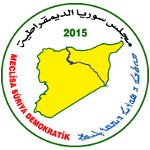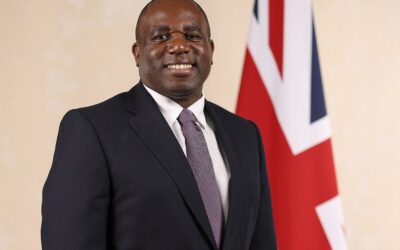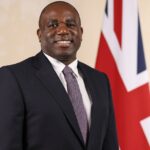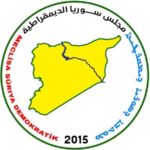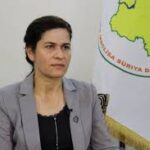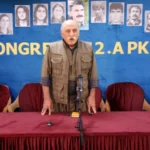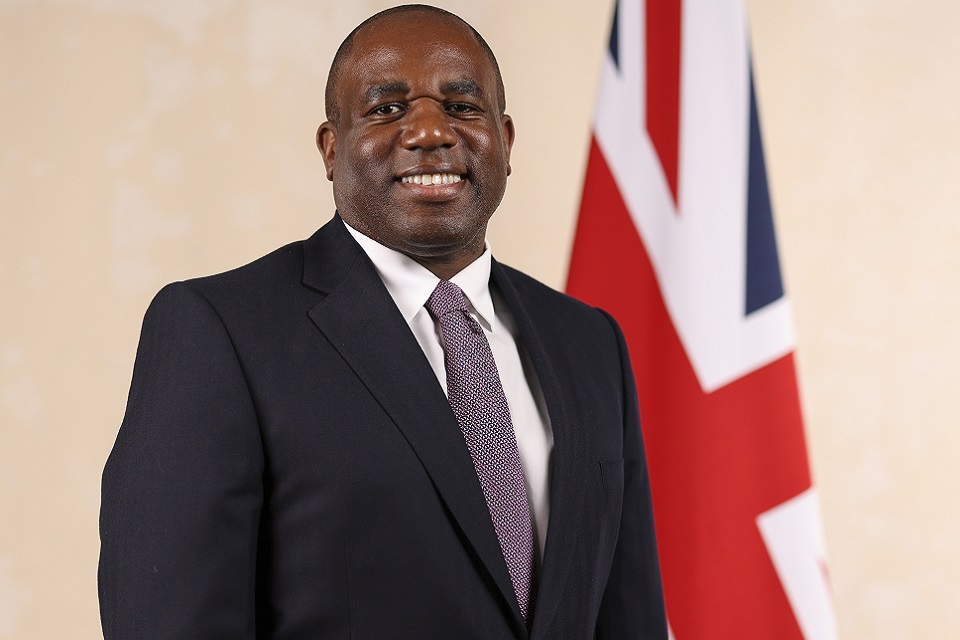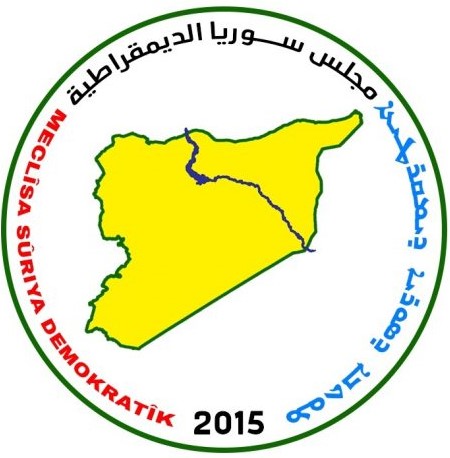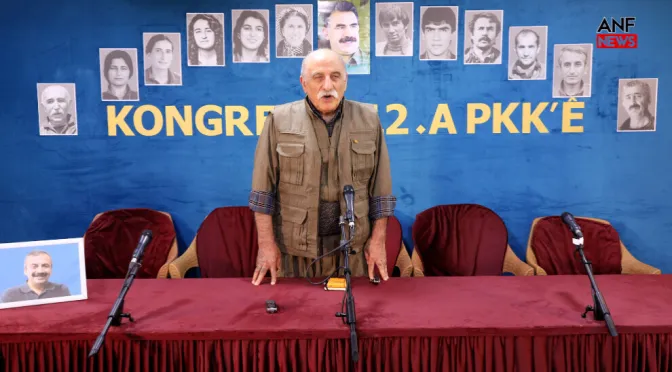Syrian Freedom Is Dangerously Incomplete
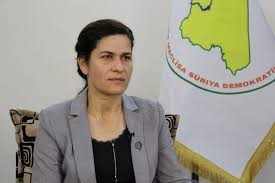
May 28, 2025
BY ILHAM AHMED
Syrians across the country celebrated the fall of the Assad regime in December as a moment of joy and freedom. Next, President Trump made the welcome decision to suspend economic sanctions against our country, a move that will help alleviate years of suffering. But for Syria’s many diverse peoples — including mine, the Kurds in the northeast — this remains a time of risk and anxiety.
As a new Syria takes shape, we must ask: What kind of state will it be? Democratic or autocratic? Rights-respecting or repressive? I believe the answer lies in my region, where we have created what we consider to be a model of multiethnic direct democracy.
Syria’s new interim Constitution doesn’t reflect this diversity. It doesn’t fully protect the rights of Syria’s minorities or women, and it declares that Islamic law is the source for all national law in a highly centralized state. This is a dangerous development. Syria’s history of autocracy, repression and rule by one ethnic group, to the exclusion of others, is a history of failure. We need a new constitutional process to produce a document that guarantees power sharing, safeguards political freedoms, decentralizes governance and allows for full democratic participation, regardless of religion, ethnicity or gender.
This very democratic model was born in the early days of the Syrian revolution, when my region, which we formally call the Democratic Autonomous Administration of North and East Syria, achieved autonomy, in 2012. Also known by its Kurdish name, Rojava, the area makes up nearly one-third of Syria and is home to almost two million Kurds. But like the rest of Syria, it is also home to Arabs, Alawites, Armenians, Druse, Chechens and other ethnic groups. It includes many religions, with Shia and Sunni Muslims, Yazidis and a diverse range of Assyrian, Syriac, Chaldean and other ancient Christian traditions, as well as secularists.
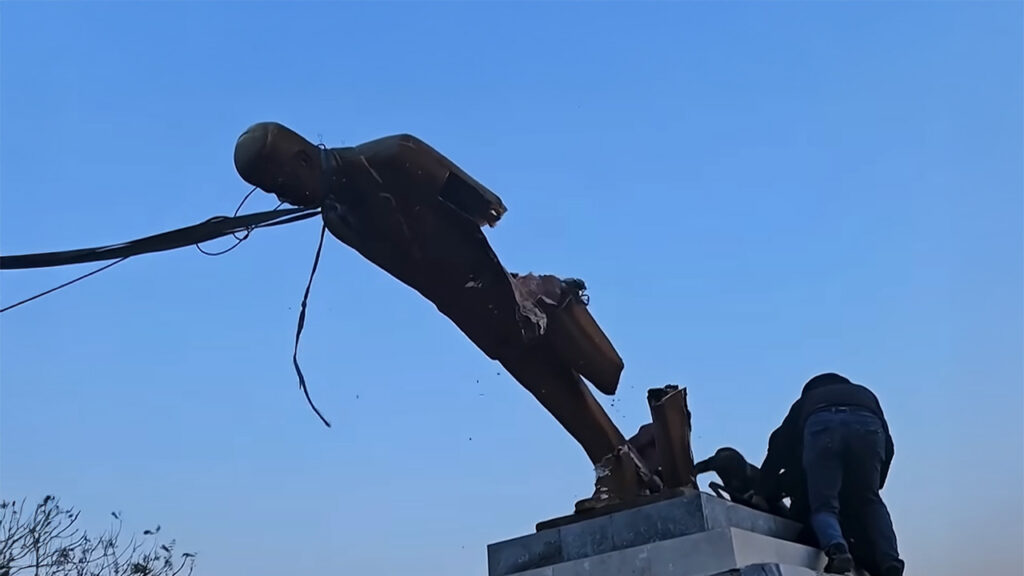
Under our administration, ethnic groups are legally protected, and women are given a leading role in policymaking and society. In a part of the world with a history of autocracy and repression, we believe our system could serve as a model not only for Syria but also for the entire Middle East.
But the interim Constitution, which Mr. al-Shara signed in March, with elections scheduled to be held in five years, threatens to undermine these good intentions. Largely created by those involved in Mr. al-Shara’s former rebel group Hayat Tahrir al-Sham, it allows for the curtailing of civil rights, including religious rights, if they are deemed to infringe on public order. There are inadequate checks and balances on the executive, who is given supreme power to appoint judges and one-third of the legislature.
I am deeply concerned by these policies. Fault lines in the country since Assad’s fall are already beginning to show. The terrible violence on Syria’s coast in March, in which more than 1,600 civilians were killed, mostly Alawites, and more recent aggression against the Druse community south of Damascus underline the need for a new democratic constitutional process.
The new Syria must, from the outset, include everyone. The Trump administration and U.S. Congress have a historic opportunity to help us build such a government in Syria. It would not only help Syrians but also provide a blueprint for the entire Middle East.
Ilham Ahmed is the chair of the foreign relations department of the Democratic Autonomous Administration of North and East Syria. She is a former co-chair of the executive committee of the Syrian Democratic Council
This article was published first in The New York Times on 28/05/2025

